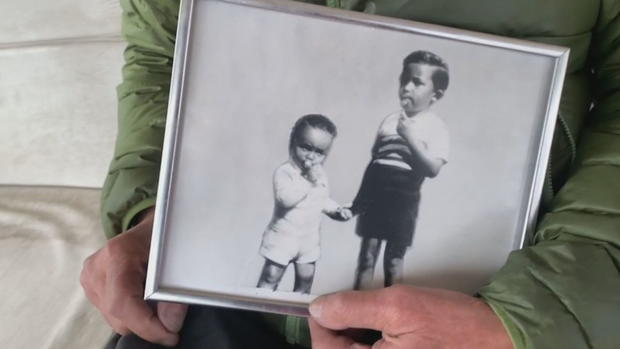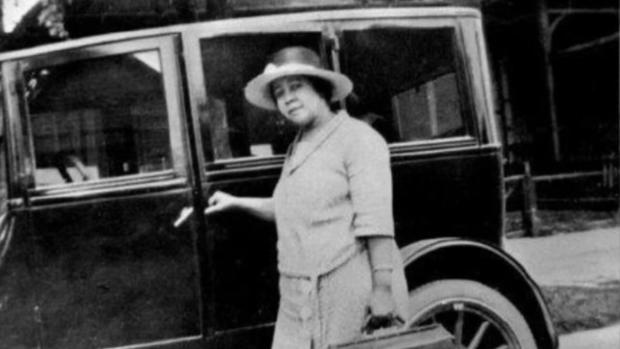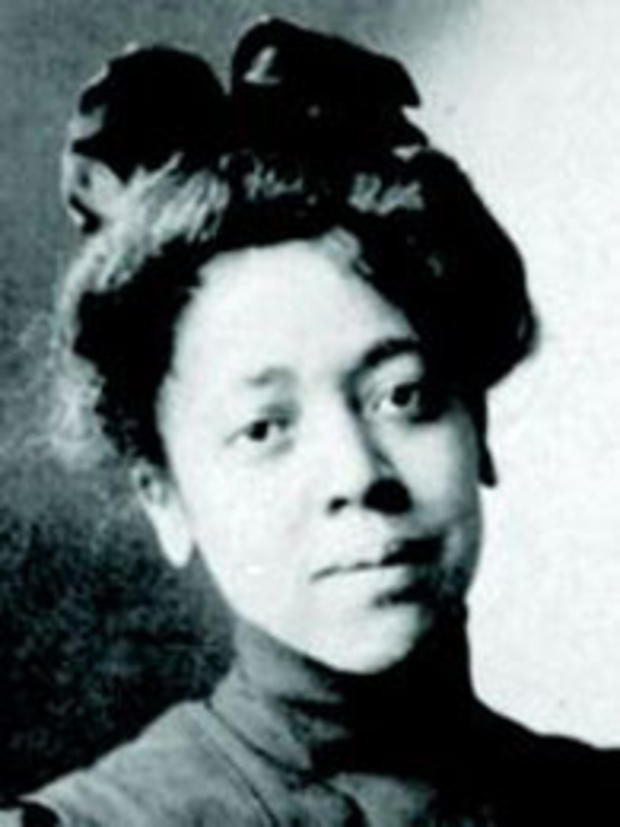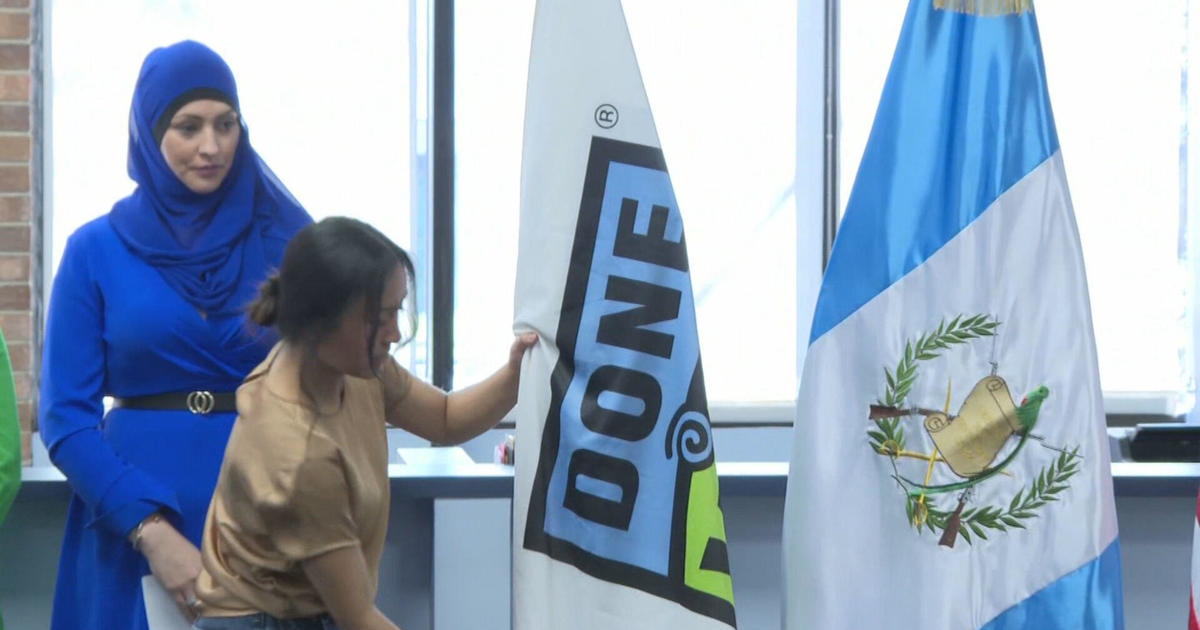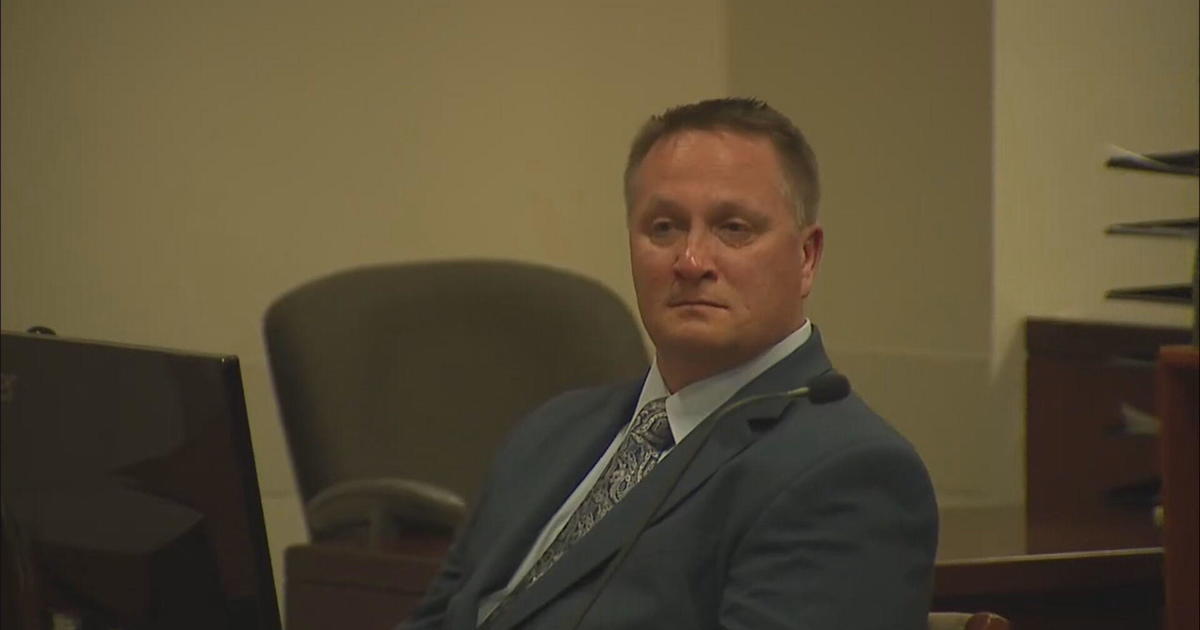Doctors, Patients Reflect On Dr. Justina Ford Day, Honoring Denver's First Licensed Black Female Doctor
DENVER (CBS4)- Dr. Justina Ford, Denver's first licensed Black female doctor, was honored for her accomplishments Friday. Governor Jared Polis declared January 22, Dr. Justina Ford Day. The Black American West Museum & Heritage Center celebrated Ford with a virtual event joined by former patients.
"I was delivered on Dr. Justina Ford's 70th birthday. January 22nd, 1941. I was born in this house. She delivered over 7,000 babies and I'm one of them. Happy Birthday Dr. Ford. Happy birthday to both of us," said Ron Pinkard, a patient of Dr. Ford.
Dr. Ford was best known for her obstetrics and pediatric work. Many knew her as the "Baby Doctor." She would send groceries or coal after house calls to homes she noticed didn't have food or heat.
Many of her patients were people of color, who faced racial and economic discrimination at hospitals. Nearly 70 years later, there are still major inequities in medical care that endanger the health of millions.
"Some of the root causes stem from the history of this country and health care. Just like anything, when you build something and add other pieces in afterwards, they never fit just right," said Dr. Jacqueline Ward-Gaines.
Ward-Gaines is the Diversity, Equity and Inclusion Educational Lead at the University of Colorado Department of Emergency Medicine. She says the health disparities between Black and White Americans are rooted in centuries of racism.
According to the U.S. Department of Health and Human Services, Black and Hispanic patients receive worse care on 40% of the department's care quality measure.
"You can't see the significant health disparities or overt racism and injustice. A lot of it is just implicit bias. A patient might not get a referral for colon cancer because he can't afford the test for colon cancer. Or maybe there's something [a doctor] just didn't think about it, because of the incidence rate in African Americans. It's those kind of things that we see in healthcare that are going on, rather than just blatant injustice," said Ward-Gaines.
Hidden biases fuel inadequate treatment for people of color. Research shows African Americans are under-treated for pain when compared to white people.
"There is biased care. Some patients of color don't want to get care because they know that happens," said Ward-Gaines. "In order for us to deliver an excellent health care product, we have to try to remove these biases."
Ward-Gaines is working to help future medical professionals understand and identify inequities in healthcare through cultural sensitivity. She's part of CU's Health Equity Through Cultural Sensitivity Simulation Day next month. It's an immersive simulation for Emergency Medicine residents.
"I want these trainees not only to be able to do a procedure. I want them to provide the cultural acceptance of healthcare that they need for these patients. When you can have these difficult conversations in a safe space, you can make the mistakes and you can realize, 'Oh wow, I do have that bias,'" said Ward-Gaines.
The simulation day will also challenge students to reflect on their own lack of cultural sensitivity and examine privilege and structural inequities in patient care settings.
Dr. Ford's contributions to Colorado is still an inspiration for doctors like Ward-Gaines. Ford was a trailblazer, but health equity still has miles to go.
